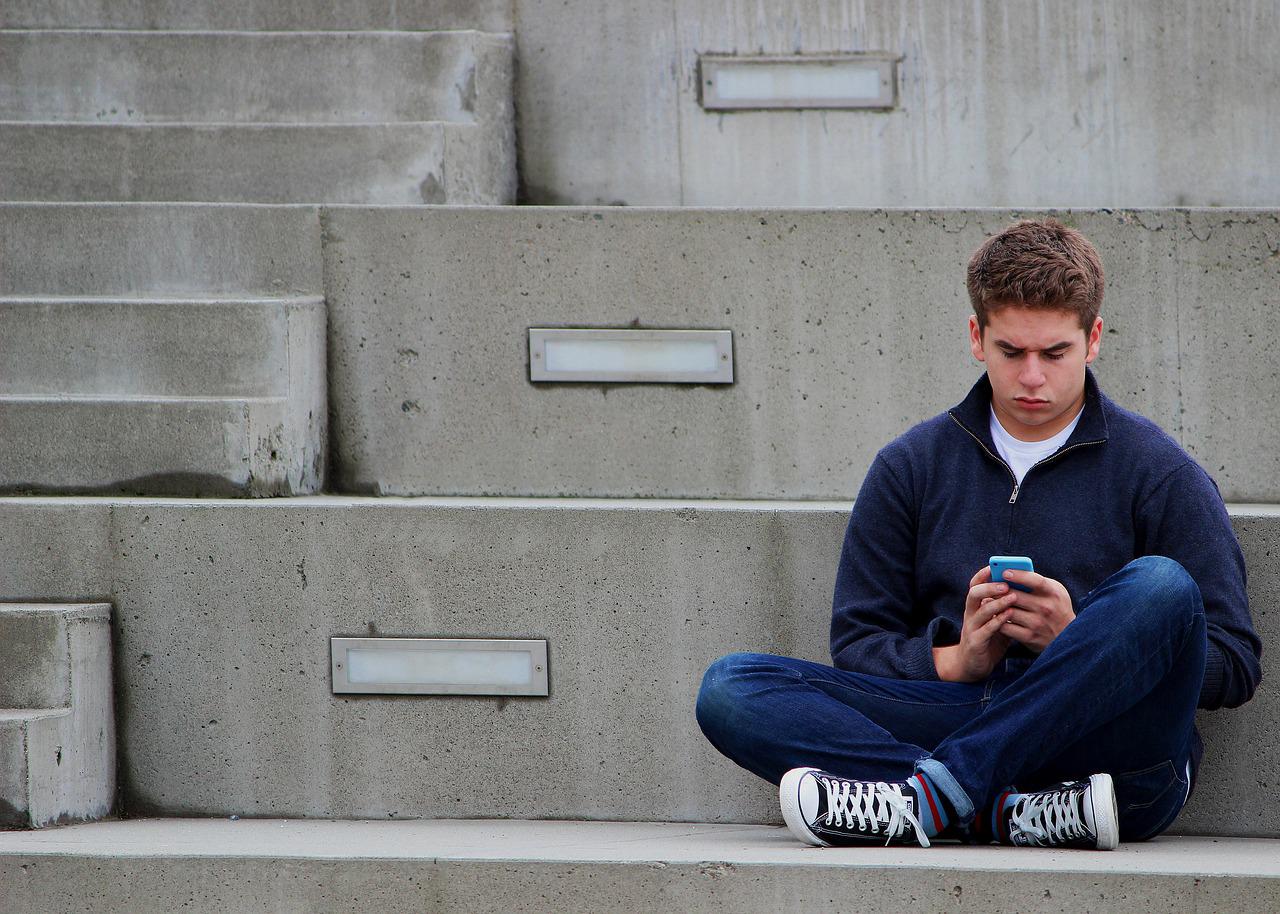Free Mental Health Support for Scottish Teen Boys
Glasgow based charity Brothers in Arms (BIA) have teamed up with mental healthcare provider Thrive: Mental Wellbeing to tackle mental health issues amongst Scottish teen boys. The charity, dedicated to preventing male suicide in Scotland, are offering boys aged 14+ across Scotland free access to their new mental wellbeing app.
It’s estimated that 1 in 4 Scots suffer from mental health issues.1 With the pandemic creating unprecedented and difficult circumstances for all, shining a light on mental health and how to decrease these numbers became a priority for the government. However, a recent report highlighted a generational difference, finding young adults suffering from the highest levels of mental distress.2 Adding to concerns, figures show that 1 in 3 children and young people were turned away from specialist mental health services during the pandemic.3
Unease over the thought that Scotland is facing an epidemic of poor mental health amongst the younger generation Brothers in Arms wanted to play a part in supporting and educating the country’s young boys.
Dan Proverbs, CEO at BIA said, ‘Our strategy has always been about prevention and not
unsurprisingly we have seen a big increase in the 18 to 24 year old male users of our main
app during the pandemic. It occurred to me that if we could reach them earlier, at what
can be the most crucial age for teens, 14 to 17, and encourage them to proactively look after their mental wellbeing, then we could make even more of a difference to the high rate of male suicide in Scotland, but we need the support of parents and guardians to help us with the delivery of the app to the boys, for it to make the difference.’
For parents feeling concerned about their child’s mental health, but unsure how to approach the subject Dr Andres Fonseca, CEO at Thrive Mental Wellbeing suggests ‘The most important thing is to be clear, transparent and genuine. You are worried about what they are going through and you care about them, that’s why you want to talk to them. It might be helpful to go somewhere else to have the conversation, such as taking them for dinner or in the car or perhaps while walking the dog. If eye-contact is difficult doing an activity can make the conversation easier. Let them have time to think. It is OK if they fall silent for a while, they may be struggling to express themselves, just give them a bit of time and space. Finally, do not be dismissive, take their feelings seriously, you might think they are concerned over nothing, wondering what a child might have to be depressed or anxious about says to them that you do not think their feelings or emotions are valid or justified. Remember that your job is not necessarily to solve the problem, your job is to listen, to care and to support them to get the right help. We are thrilled to expand our relationship with Brothers in Arms to support young Scottish men and believe this partnership will help empower teen boys to take control of their own mental health.’
Poor mental health is not just reserved for adults. Infact, 1 in 6 young people are likely to have a mental health issue, but with Initiatives like this, the number of young children facing a path of ill and uneducated mental health can be decreased.

